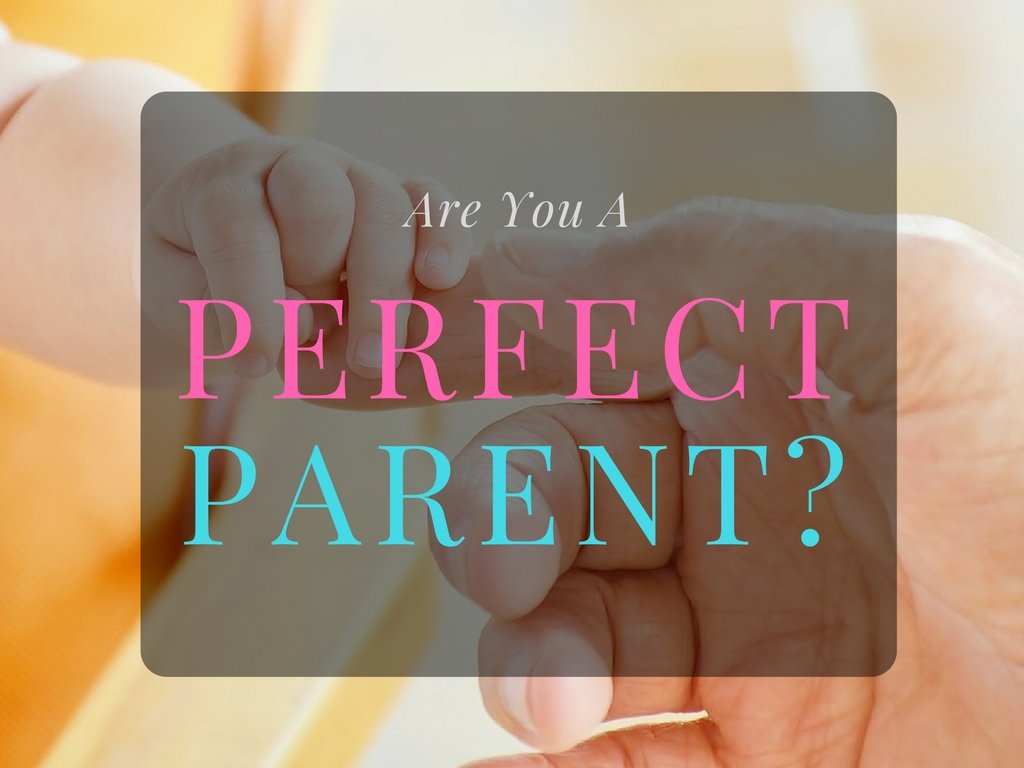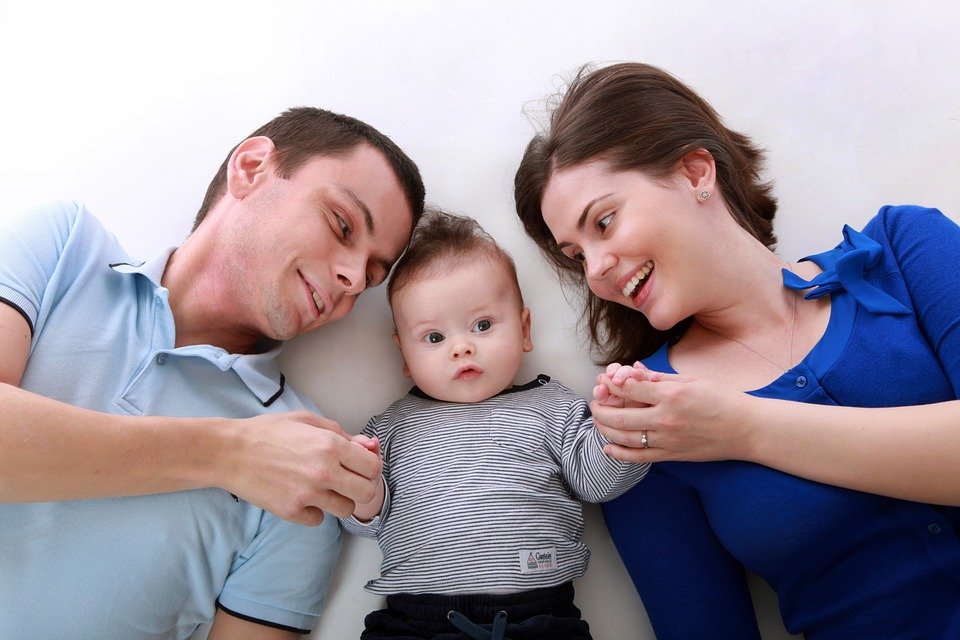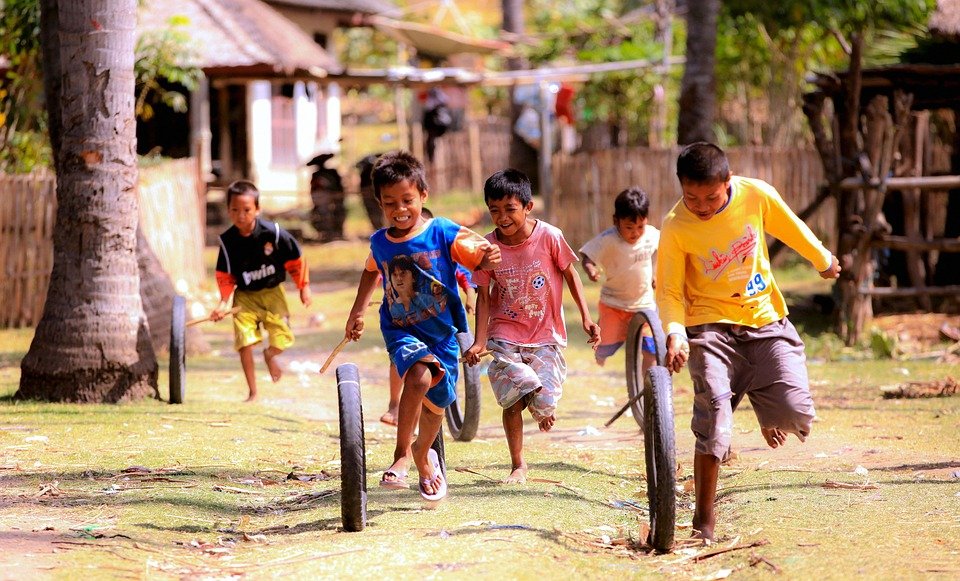
I’m pretty sure that when many of us now in our mid 30’s or older think of our childhood, we clearly remember being free to roam the streets and woods on our bicycles or on foot and had hardly any limitations on going out.
Not that our parents weren’t loving; they were caring and doting of course, but they weren’t overprotective. Instead of keeping us locked indoors and arranging inside activities, they used to let us explore the world on our own and encouraged us to kill our boredom by ourselves.
While the parents of this day and age, may criticize the older method of parenting, studies show that allowing your kids to take charge of managing themselves helps them emerge more confident, responsible, and stronger.
The times had changed a lot and parenting is not the same anymore. Parenting supervision and involvement has drastically increased and is almost 10 times higher than it was in the 1970s.
Modern parents are now almost always on the top of their children, telling them what to do and how to do and making sure their child stays safe from all sorts of perceived evils.
While being involved in your child’s life, activities and development are extremely important for their emotional well-being and progress, it is also essential that you don’t loom over them all the time.
A survey shows that children between the ages of 8 and 12 mostly stay indoors and about 1/3rd of them have never played in a muddy puddle. Moreover, it also showed that children are now hardly allowed to play beyond their own backyard. The distance kids traveled in the neighborhood was 90% larger during the 1970s.
The bigger issue behind this scenario is the reason why is it happening. Issues like child abuse, abduction, and violence have now pushed parents to hover on the top of their kids 24/7. Parents incessantly worry about their child going through any of these undesirable experiences outside of the home which is why they feel a strong need to keep them indoors and protect them from all sorts of harm.
Not only that, but parents are now more concerned about how their parenting approaches influence their children. They worry incessantly about whether or not they are good parents and if they need to do more to bring out the best in their children. This pressures them into doing everything they can to raise their children perfectly and to be perfect parents for them.

Perfect Parents?
This is precisely the issue- the need to feel as if you are a perfect parent.
Perfectionism is a huge myth that needs to be debunked and since it is still prevalent in the society pushing people to be perfect in everything they do, it has now become a constant in parenting too.
Instead of trying to raise their children in a good enough environment and provide them with love, care, support, and guidance while encouraging them to be independent, parents now feel the need to be perfect parents. They feel it is their responsibility to look after every interest of their child and to make sure their child is always entertained, happy, comfortable, protected, and calm.
This makes them disregard the fact the person who is now their baby is soon going to grow into an adult and will need to step outside in the fast-paced world. If he or she is not mature, confident, sharp and independent enough to handle himself/herself alone in that world, it is likely that he/she will be crushed in the crazy stampede going on in the world today.

Helicopter & Lawnmower Parenting
It is this ignorance that had paved way for two extreme types of parenting styles: helicopter parenting and lawnmower parenting. Both the styles are extreme and keep a child from growing, learning and prospering on his own.
Helicopter parents are mostly busy hovering over their kids and as soon as they feel their kids need their protection or help, they are ready to swoop in and save the day.
Lawnmower parents go a mile ahead of the helicopter parents and make sure to create a smooth path for their children to walk on, ensuring that they don’t encounter any obstacle on their journey.
Both these types of parenting interfere with their children’s’ personal lives even when they are adults and don’t let them mature on their own.
While parents with these parenting approaches may feel they have their children’s best interests in heart and are doing what’s appropriate for them, they are actually making their kids weaker and less confident from within.
Research shows that these parenting approaches often contribute to anxiety and narcissism in kids. Naturally, when kids are used to their parents saving them from every trouble and looking out for them, they stop doing that themselves and become upset when they encounter undesirable circumstances.
If this frustration continues to build, it can turn into anxiety. Moreover, when parents don’t provide their kids with a realistic environment and try to shield them from the harsh realities of life by only supplying them with the feel-good thoughts and suggestions, children are likely to turn into narcissists.
Not only that but helicopter and lawnmower parents keep their children from having their own adventures, learning from their mistakes and experiences and looking for fixes for their problems.
When I was young, I used to have lots of adventures daily with my friends when we used to roam the streets or the woods every day. Yes, we often used to return with bruises and cuts but all of that had its own charm and enjoyment.
Sadly, this is something parents pursuing perfectionism don’t understand. If you are by your child’s side 24/7, how are you supposed to let them grow and turn into an independent adult?
We are mortal beings and all of us have to depart this world one day, so what will happen when you cannot be physically there for your child? Let’s just put death aside since it can be frightening, what when you have to be somewhere else and cannot be present for your child? And what when your child grows into an adult and it is time for them to move out? Will you force them to stay with you even then because you are scared of them encountering troubles on his own?

A Good-Enough Parent
If you want your child to grow up into a confident, mature, gritty, resilient, independent, and strong individual, you need to shun perfectionism and follow the good-enough approach.
Good enough parents are those who settle for good enough instead of chasing perfectionism. They let their kids have their own experiences, be independent, and learn from their mistakes by not supervising them 24/7. They let their children get bored because they know boredom strikes creativity and don’t focus too much on providing their children entertainment all the time.
Moreover, they don’t also read too much into the many emotions a child displays and perceives them for what they are. If a child is upset, a good enough parent won’t perceive it as a sign of bad parenting but will try to figure out the main reason behind the kid’s frustration and resolve it. Not only that, but good enough parents focus more on their children having an excellent and exciting childhood and to not hover over them all the time.
This does not mean the good enough parents do not care for their kids. Of course, they do look after their needs and make sure they are safe, but they also let their children look after their own interests. If you want your kids to be proud of themselves one day and live a more independent and meaningful life, you need to adopt the good enough parenting approach too. Here are some ideas that you can implement:
If your child is between the ages of 3 to 10, don’t encourage them to use the phone or watch TV if you feel they are getting bored. Rather, let them find entertainment on their own by creating their own games, activities, or by reading a book.
Take your children to the local parks and, if your child is above the age of 8, let them explore far from you for an hour or two. Make sure they know your phone number so they can contact you if they get lost. If you are too scared, observe them from a closer, but still far enough, distance and see how they interact with other kids. It is best to do this when your kid has one or more friends around. I know this sounds scary. If you are worried about child abduction, you should know that the likelihood of kidnapping has just increased by 0.0005% in the U.S. as compared to its rate in the 1970s.
When your child comes to you with a problem, don’t rush to offering him/ her a solution. Comfort and soothe him/ her and then ask him/ her to find a way to fix the mess. This helps him/ her think independently and broaden their horizons.
Also, set healthy boundaries and rules for your kids so they know what they are supposed and not supposed to do. This disciplines your children and keeps their attitude in check too.
Work on these approaches and keep showering love with firmness on your kids and you will raise great individuals.
